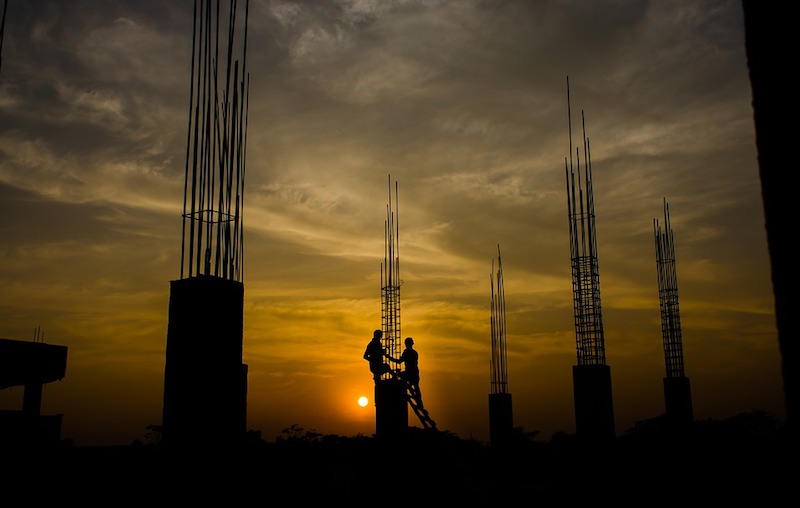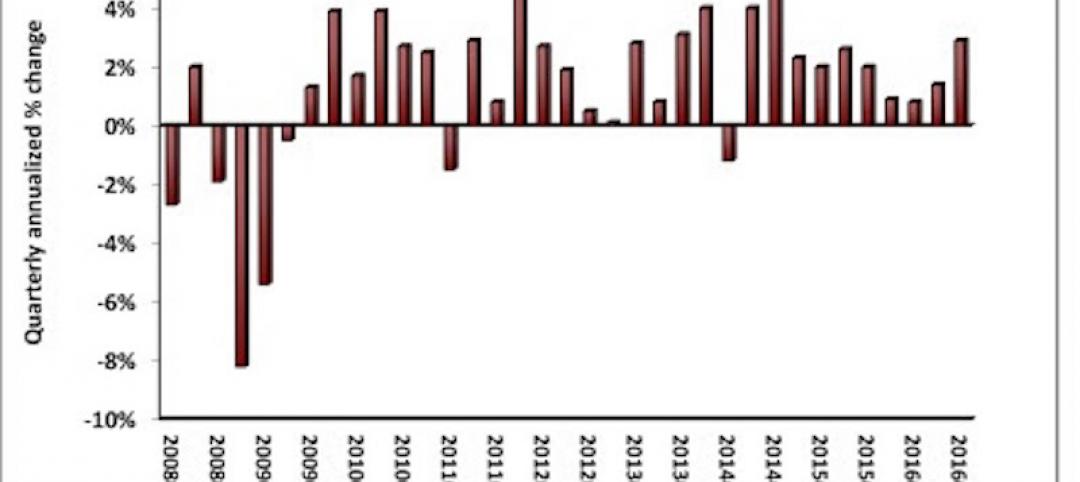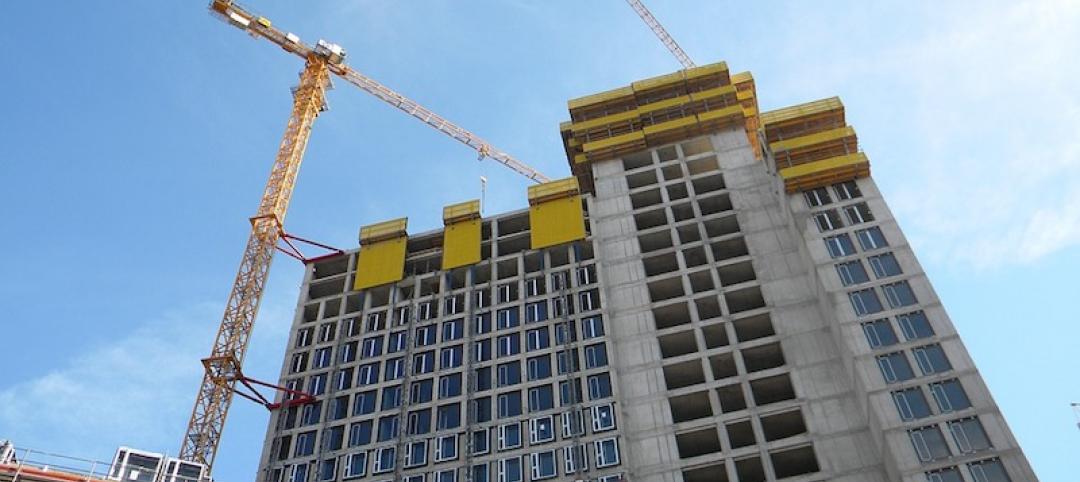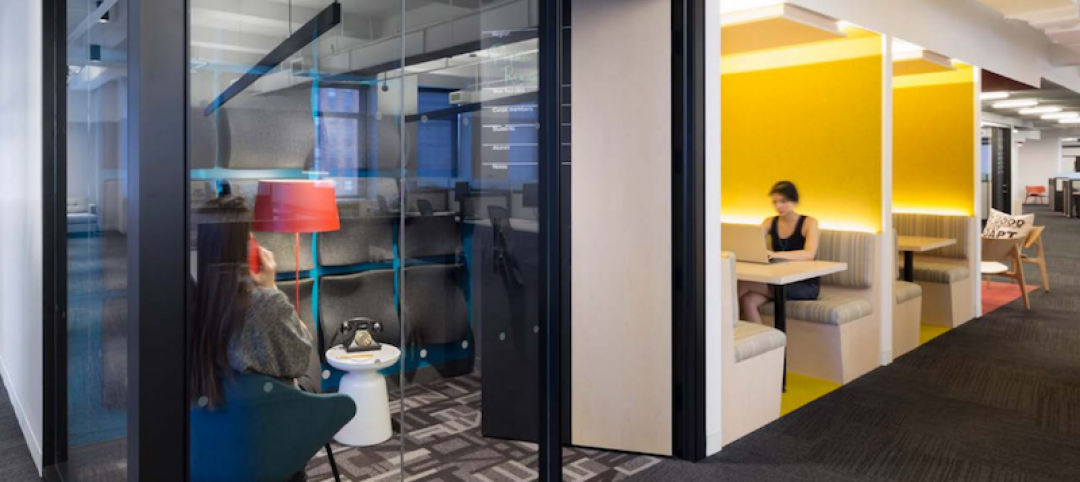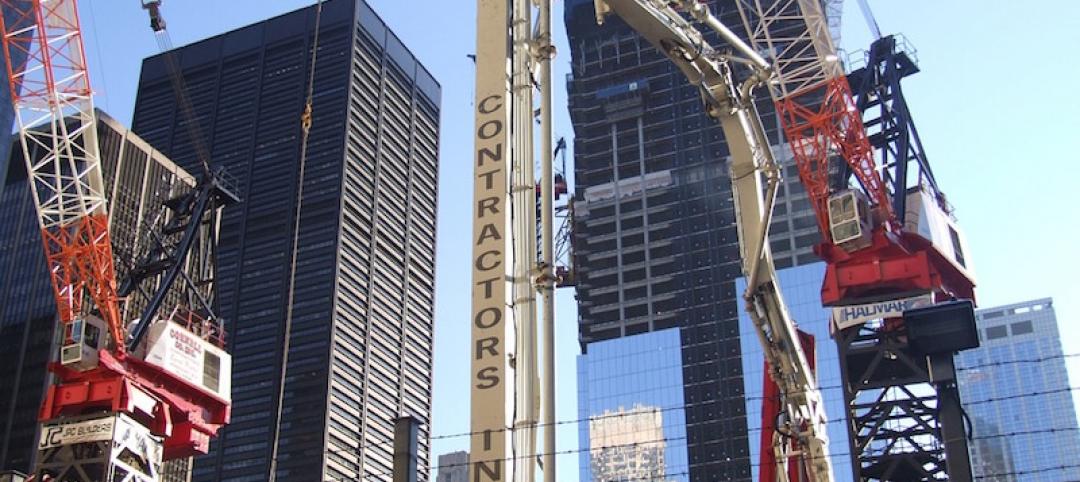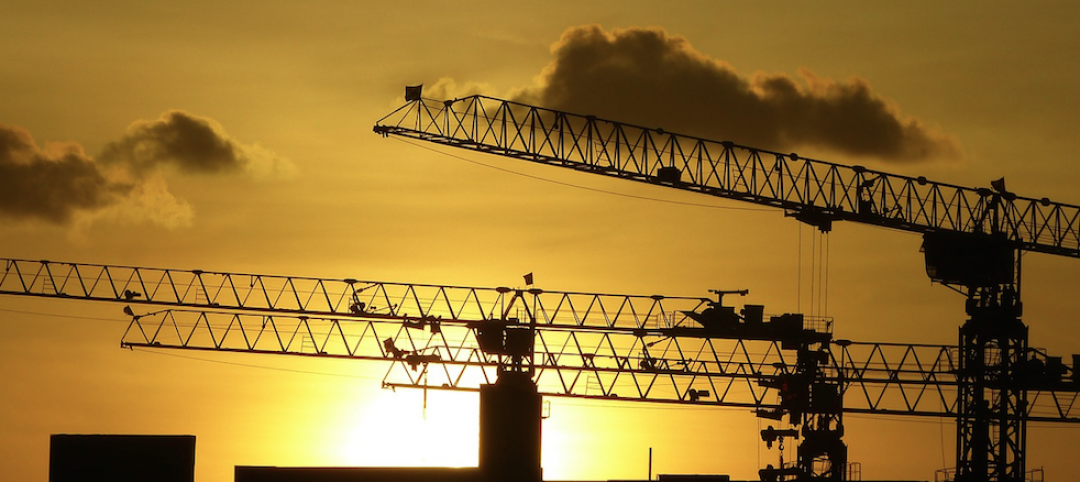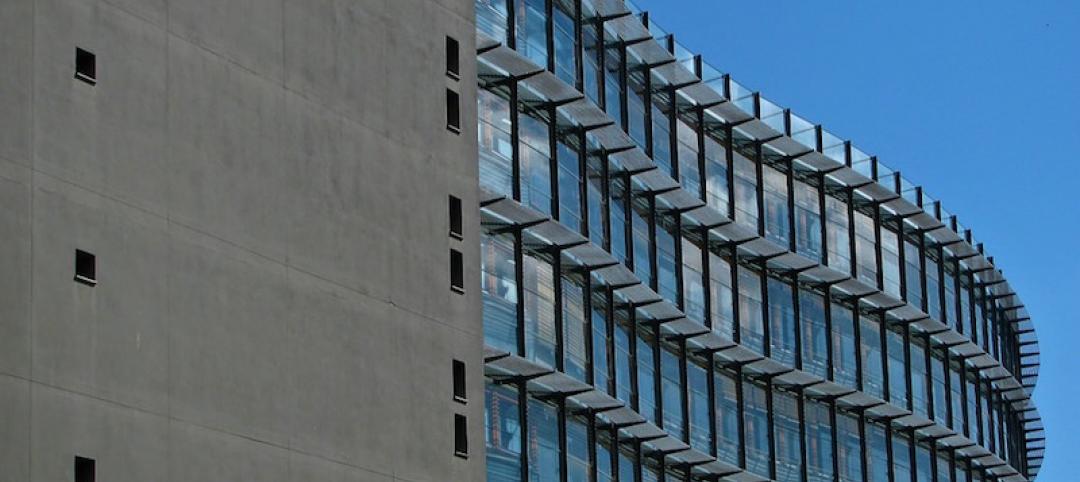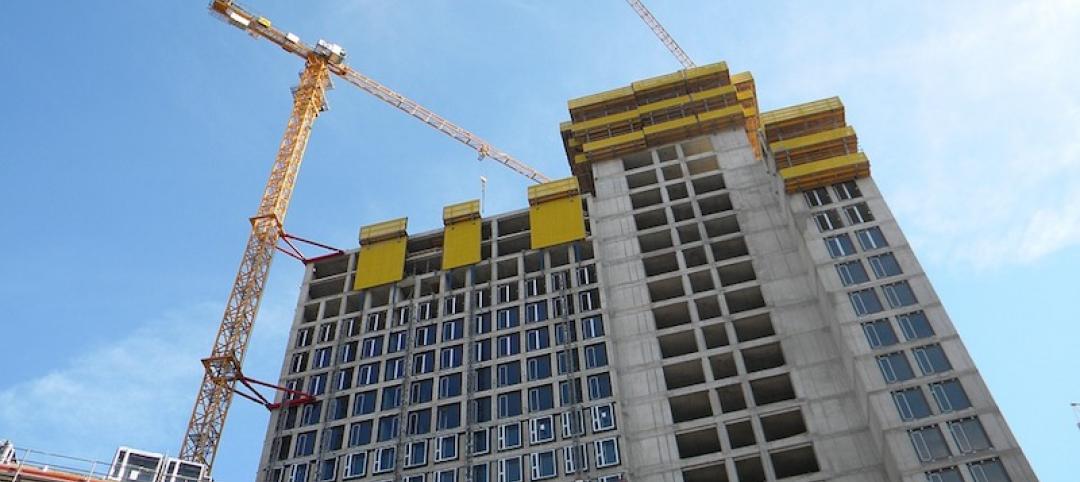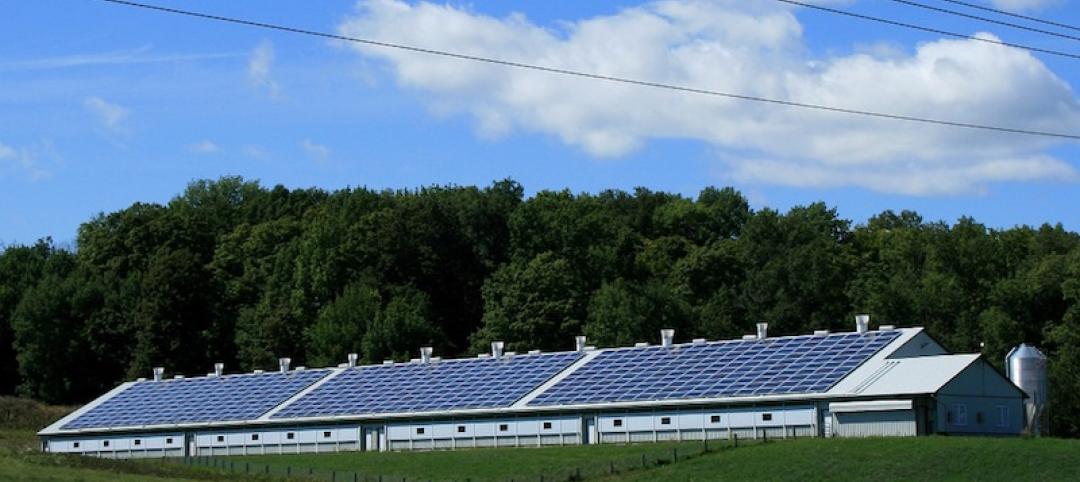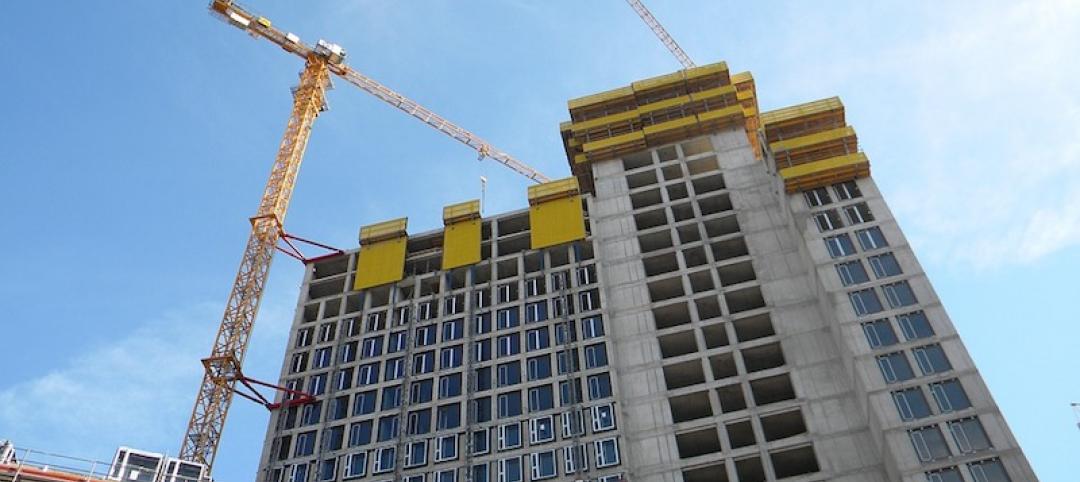Construction contractors remained confident during the second quarter of 2018, according to the latest Construction Confidence Index released today by Associated Builders and Contractors.
More than three in four construction firms expect that sales will continue to rise over the next six months, while three in five expect higher profit margins. More than seven in 10 expect to bolster staffing levels, though that proportion has fallen relative to the previous quarter, perhaps in part due to the skilled labor shortage in the United States. All three key components measured by the survey—sales, profit margins, and staffing levels—remain well above the diffusion index threshold of 50, signaling ongoing expansion in construction activity.
The survey found:
- CCI for sales expectations increased from 72.2 to 72.6 during the second quarter of 2018.
- CCI for profit margin expectations increased from 63.4 to 64.5.
- CCI for staffing levels decreased from 70.2 to 69.5 but remains elevated by historical standards.
“The U.S. economy remains steady, creating opportunities for general and subcontractors alike,” said ABC Chief Economist Anirban Basu. “Recently, infrastructure has been one of the primary drivers and, despite the absence of a federal infrastructure package, state and local governments have expanded their capital outlays. A number of states are also now running hefty budget surpluses, creating the capital and confidence necessary to drive public construction forward. As evidence, construction spending in the water supply category is up 29% on a year-over-year basis, conservation and development (e.g. flood control) by 24%, transportation by nearly 21%, public safety-related spending by 17%, and sewage and waste disposal by 11%.
“The confidence expressed by contractors is consistent with a number of other leading indicators, including the Architecture Billings Index and ABC’s Construction Backlog Indicator,” said Basu. “With financial markets surging, the nation producing a record number of available job openings, and both consumer and business confidence elevated, chances for a significant slowdown in nonresidential construction activity in late 2018 and into 2019 are remote. That helps explain why only about 6% of contractors expect sales to decline over the next six months.
“The longer-term outlook is not as clear,” said Basu. “Interest rates are rising, construction workers and materials have become more expensive and asset prices have become further elevated and therefore increasingly vulnerable to correction. There is also some evidence of overbuilding in certain real estate segments in some communities. Tariff increases and associated retaliation serve as yet another threat to longer-term economic momentum, as do faltering government pension funds. But for now, construction firms can expect to remain busy improving the nation’s built environment. A shortage of skilled workers remains the primary issue, which is expected to continue as more workers retire and insufficient workers join the skilled construction trades.”
CCI is a diffusion index. Readings above 50 indicate growth, while readings below 50 are unfavorable.
Related Stories
Market Data | Oct 31, 2016
Nonresidential fixed investment expands again during solid third quarter
The acceleration in real GDP growth was driven by a combination of factors, including an upturn in exports, a smaller decrease in state and local government spending and an upturn in federal government spending, says ABC Chief Economist Anirban Basu.
Market Data | Oct 28, 2016
U.S. construction solid and stable in Q3 of 2016; Presidential election seen as influence on industry for 2017
Rider Levett Bucknall’s Third Quarter 2016 USA Construction Cost Report puts the complete spectrum of construction sectors and markets in perspective as it assesses the current state of the industry.
Industry Research | Oct 25, 2016
New HOK/CoreNet Global report explores impact of coworking on corporate real rstate
“Although coworking space makes up less than one percent of the world’s office space, it represents an important workforce trend and highlights the strong desire of today’s employees to have workplace choices, community and flexibility,” says Kay Sargent, Director of WorkPlace at HOK.
Market Data | Oct 24, 2016
New construction starts in 2017 to increase 5% to $713 billion
Dodge Outlook Report predicts moderate growth for most project types – single family housing, commercial and institutional building, and public works, while multifamily housing levels off and electric utilities/gas plants decline.
High-rise Construction | Oct 21, 2016
The world’s 100 tallest buildings: Which architects have designed the most?
Two firms stand well above the others when it comes to the number of tall buildings they have designed.
Market Data | Oct 19, 2016
Architecture Billings Index slips consecutive months for first time since 2012
“This recent backslide should act as a warning signal,” said AIA Chief Economist, Kermit Baker.
Market Data | Oct 11, 2016
Building design revenue topped $28 billion in 2015
Growing profitability at architecture firms has led to reinvestment and expansion
Market Data | Oct 4, 2016
Nonresidential spending slips in August
Public sector spending is declining faster than the private sector.
Industry Research | Oct 3, 2016
Structure Tone survey shows cost is still a major barrier to building green
Climate change, resilience and wellness are also growing concerns.
Industry Research | Sep 27, 2016
Sterling Risk Sentiment Index indicates risk exposure perception remains stable in construction industry
Nearly half (45%) of those polled say election year uncertainty has a negative effect on risk perception in the construction market.


